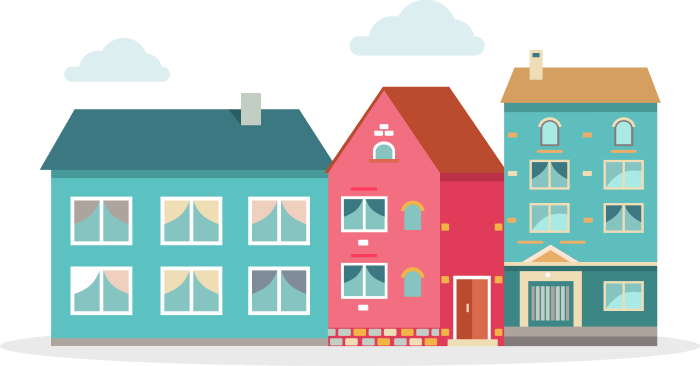Parkersburg
We did the research. Find a place to call home.
B+
Quality of Life Score
Parkersburg Information
28,600
Total Population
52%
Married Persons
48%
Single Persons

7/10
City Rating
City ratings are often based on a variety of factors including quality of life, economic opportunities, safety, education, and more. A rating of 7 or higher might suggest a city with a relatively high quality of life and desirable living conditions. A rating below 5 might indicate challenges or lower overall satisfaction.
7/10
Overall Value
This is a broader rating that takes into account multiple factors affecting the overall appeal of a city. Ratings above 7 might indicate a highly attractive city, while those below 5 might suggest areas for improvement.
10/10
Density (Population per mile²)
City density refers to the concentration of people living within a city's geographic area. It is typically expressed as the number of residents per square mile or square kilometer. Higher density indicates that more people live in a given area, leading to potentially busier streets, more crowded living conditions, and increased access to amenities and services.
2500
Parkersburg
260,000
Reno
City Info
Parkersburg, West Virginia, is a city with a 2025 population of about 28,600, experiencing a slight decline at around -0.6% to -0.7% annually. It is the fourth most populous city in West Virginia and serves as a regional hub in Wood County. The city has a median age of about 41.9 years and a median household income near $44,675 to $62,550, with a poverty rate around 19% to 23%. Parkersburg’s population is predominantly White (over 90%), with smaller multiracial and Hispanic communities. The city features a balanced age distribution, with about 20.6% under 18, 58.1% working-age adults, and 21.3% seniors. Economic challenges exist, but ongoing efforts focus on revitalization and community development.
Residence
35% (Homes Rented)

50 Years
Median Home Age
$160,000
Median Home Price
3%
Home Aappreciation Rate
1.2%
Annual Property Tax
Weather
60%
Sun
30%
Rain
10%
snow
Residence
Parkersburg’s housing stock includes many older homes with moderate prices and steady appreciation. The city enjoys good air quality and a temperate climate. Homeownership is common, with a stable rental market. The community is working on improving housing and infrastructure to support residents.
Community
7
Crime Rate (per 100,000)
Democratic
Political Majority
42
Average Age
Community
Parkersburg is a diverse community with a majority White population and an aging demographic. The city has moderate crime rates and a strong sense of local identity. Civic engagement and revitalization efforts are ongoing to improve quality of life and economic prospects.
Locale

Occupation
25%
Management, Business, Art & Sciences
20%
Sales & Office Occupations
20%
Service Occupations
15%
Production, Transportation & Material Moving
5%
Natural Resources, Construction & Maintenance
Education
1:18
Student Teacher Ratio
30%
High School Diploma
30%
Some College or Associates Degree
15%
Bachelors Degree
5%
Graduate or Professional Degree
Locale
Parkersburg offers a mix of urban amenities, historic neighborhoods, and access to outdoor recreation. The city is focused on economic development and improving infrastructure to support its residents and attract new growth.
Transit
26%
Public Transportation
65%
Car
15%
Carpool
5%
Work At Home
Transit
Parkersburg has limited public transportation options, primarily bus services. Most residents rely on personal vehicles. Commute times are slightly below the national average. The city is investing in transit and infrastructure improvements to enhance connectivity.


